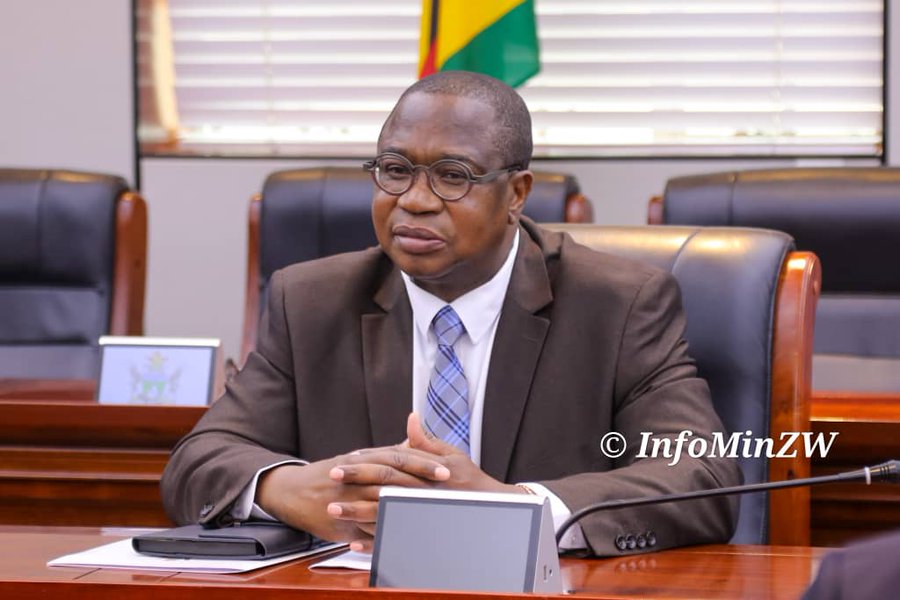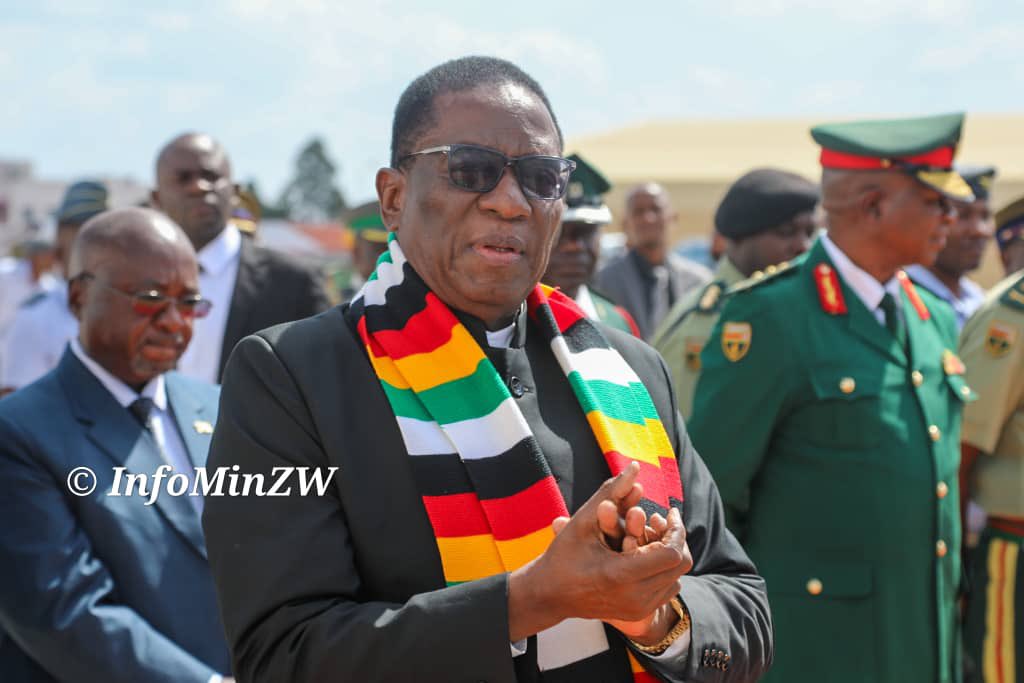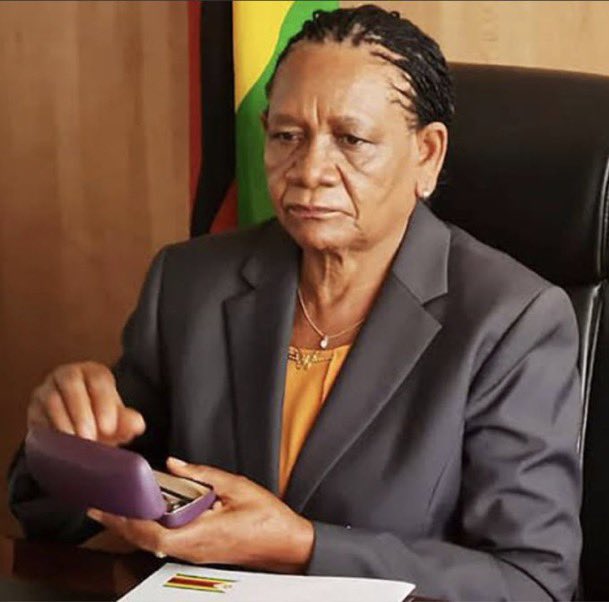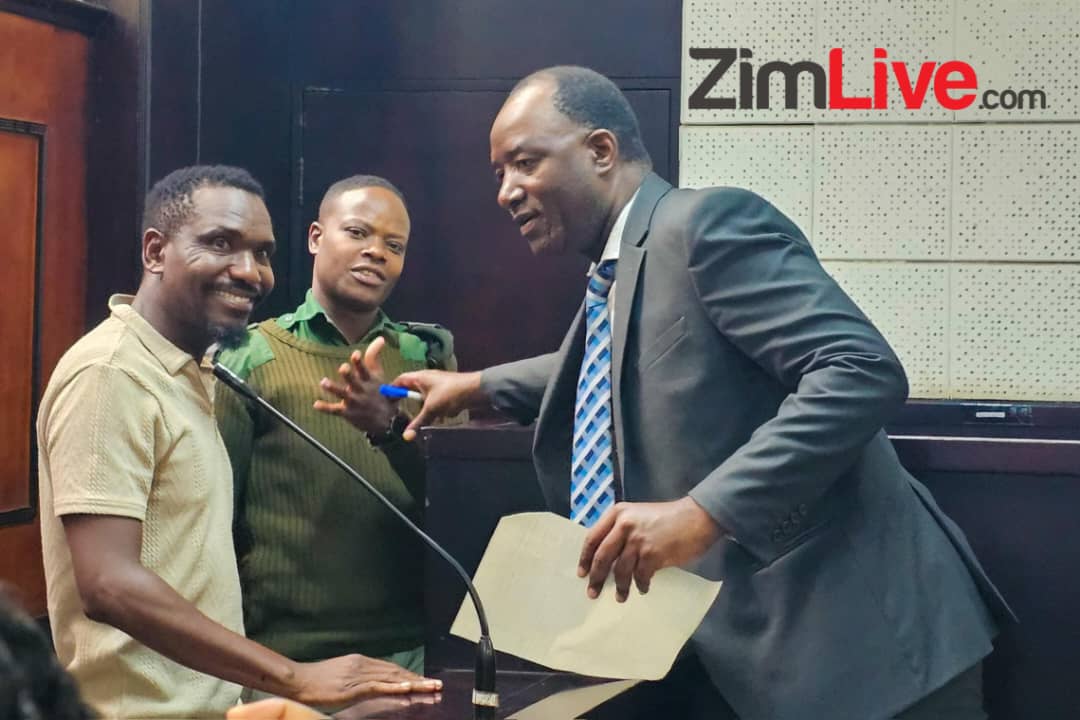HARARE – Zimbabwe’s government has announced an initial pay-out of US$3m (£2.3m) to white farmers whose farms were seized under a controversial government programme more than two decades ago.
It is the first payment to be made under the 2020 compensation agreement signed between the state and the local white farmers in which Zimbabwe committed to pay $3.5bn (£2.6bn) for seized farmland.
Thousands of white farmers were forced from their land, often violently, between 2000 and 2001.
The seizures were meant to redress colonial-era land grabs but contributed to the country’s economic decline and ruined relations with the West.
The payment announced on Wednesday will cover the first 378 farms, out of a total of 740, for which compensation had been approved.
It represents 1% of the total $311m allocated for the first batch of payments.
The remainder will be paid through US-dollar denominated Treasury bonds, said Finance Minister Mthuli Ncube.
“One of our commitments as we try to reform the Zimbabwe economy, to clear our arrears, is really to compensate the former farm owners who lost their farms during the land reform programme,” he said.
“We have now begun to honour that agreement.”
Harry Orphanides, one of the farmers’ representatives, told the BBC that more farmers have now indicated an interest in signing up for the compensation.
However, the majority of former farmers have not signed up to the deal, and are still holding onto their title deeds.
The government has only agreed to compensate former farm owners for “improvements” made on the land and refused to pay for the land itself, arguing it was unfairly seized by colonialists.
It had prioritised foreign-owned farms under separate negotiations.
In January, Zimbabwe began paying compensation for foreign investors whose farms were protected under bilateral investment agreements.
In 1980, Zimbabwe gained independence, ending decades of white-minority rule. At that time, most of the country’s most fertile land was owned by some 4,000 white farmers.
Land reform was focused on redistributing white-owned land to black farmers, following colonial-era policies when thousands of black farmers were forced from their land and the country’s most fertile areas were reserved for white people.
In 2000, then President Robert Mugabe supported land invasions by a mix of government forces and vigilante groups, sparking international condemnation.
President Emmerson Mnangagwa, who replaced Mugabe in a 2017 coup, has sought to engage Western governments to restore ties.
Mnangagwa has previously said land reform cannot be reversed, but committed to paying compensation as a key way of mending ties with the West.
The southern African country has been locked out of the global financial system for more than two decades, leaving the struggling economy with a huge foreign debt.
Analysts say the land payment marks an important step in repairing relations with Western nations and avoiding international judgements against Zimbabwe.















